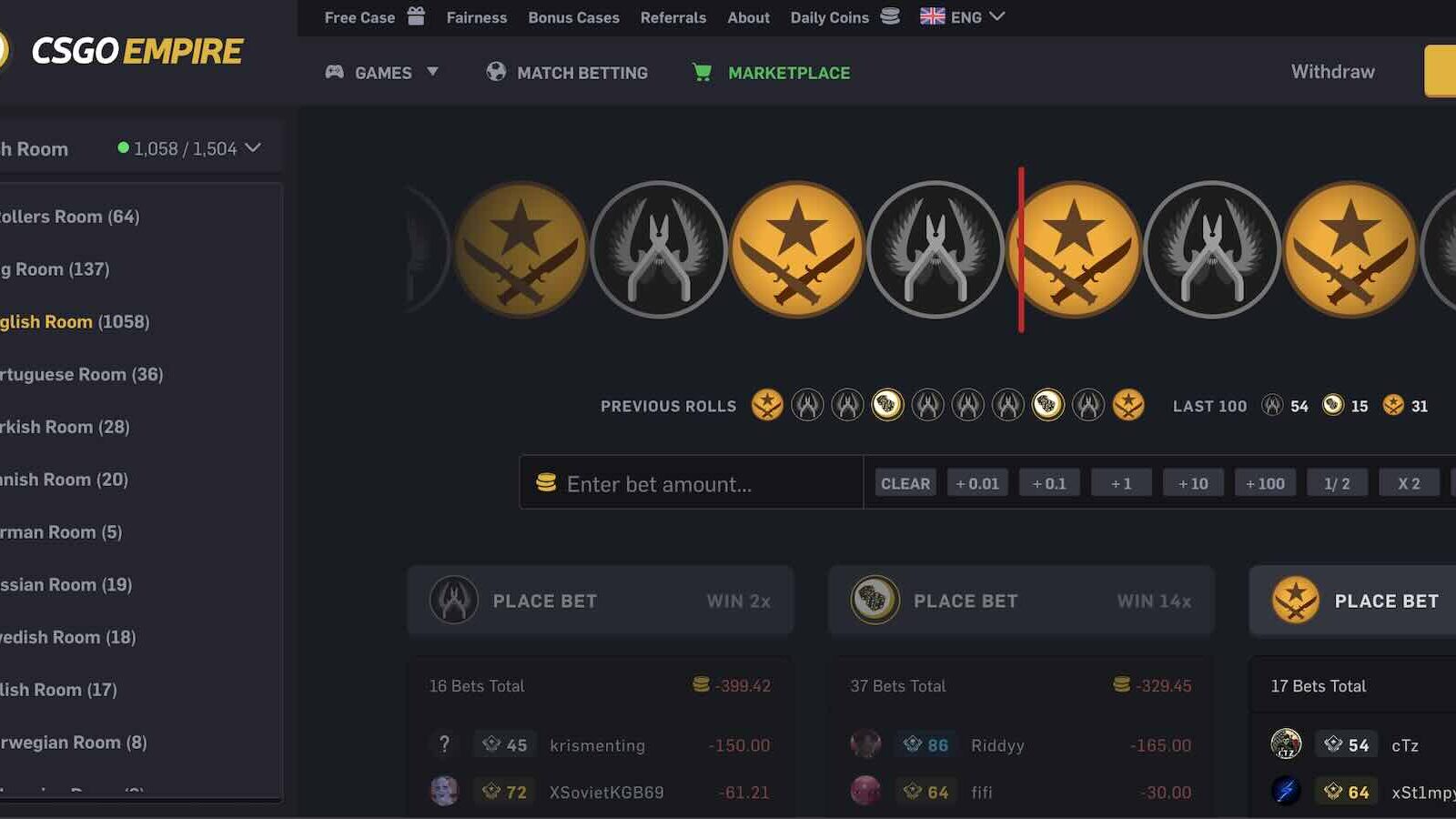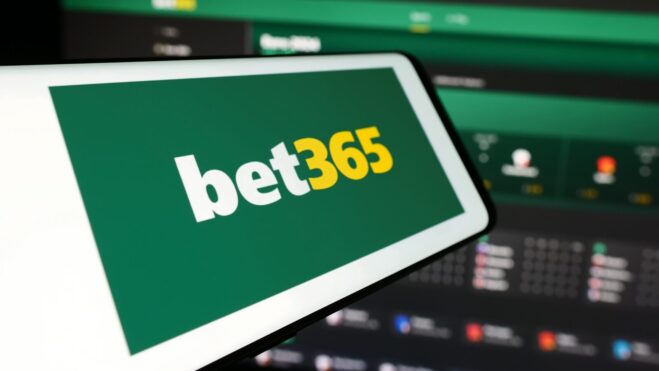CS:GO Casinos: The Unraveling Of A Controversial Gambling Scene
‘What if we exposed everyone starting first with the people who offered me money?’
3 min

Many observers of the iGaming world love to claim they’ve seen it all—until something even crazier happens. This is one of those times.
Enter the Counter-Strike: Global Offensive casino fiasco. Vigilantism, deceit, and bribery have opened a can of worms for a popular cryptocurrency investigative journalist, leading to a deep dive into the scene that uncovered some shocking truths.
You may be wondering: What on earth is this all about? Let us explain.
In a landscape filled with interlopers justifying the promotion of gambling to an underage demographic of first-person shooter enthusiasts, a warrior has emerged, willing to do anything to protect competitors’ customers. But wait—could this righteous warrior be as virtuous as he seems? According to self-proclaimed internet detective Stephen Findeisen, better known as Coffeezilla, all bets are off on that one.
Coffeezilla’s investigation: bribery and rivalry
In Coffeezilla’s first video of the CS:GO casino exposé series, he delves into the shadowy realm of Counter-Strike gambling. In this particular case, he finds himself at the center of a fierce rivalry between casino owners Monarch and Killian.
Initially tempted with a $20,000 bribe from CSGOEmpire to discredit their competitor CSGORolls, he chose instead to unveil the truth behind this chaotic feud.
In the video, Findeisen states, “I was both insulted and intrigued” after receiving a $20,000 bribe to discredit a rival casino. He emphasizes the need to expose the entire gambling scene, declaring, “What if we exposed everyone starting first with the people who offered me money?”
What unfolded was a disturbing narrative filled with harassment and extreme tactics. Monarch, who fancies himself a “justice crusader,” employs aggressive measures against Killian, including orchestrating protests and public smear campaigns.
This investigation not only sheds light on the toxic dynamics within the gambling industry but also highlights the exploitation of young audiences. As he continues the series, Coffeezilla aims to expose the unethical practices that permeate this world, ensuring that truth prevails over deception.
CS:GO Casinos: origins and operations
You might be asking: What exactly are these CS:GO casinos and how do they operate?
Counter-Strike: Global Offensive, a first-person shooter video game, introduced “skins” in 2013 as cosmetic items to personalize weapons. These skins quickly gained value and became a form of virtual currency. CS:GO casinos revolve around gambling using these in-game items as the stakes.
The first major skin gambling site, CSGOLounge, allowed users to bet skins on professional match outcomes.
Over time, more sites emerged offering casino-like games such as roulette and coin flips, using skins as currency. These sites generally operate unregulated, leading to controversies and scams.
Researchers note that the world of CS:GO gambling is a fascinating yet deeply concerning phenomenon, particularly regarding its impact on younger demographics.
Research consistently shows that adolescents are disproportionately drawn to skin gambling, with studies like Hing et al. (2021) write-up taken from the National Library of Medicine which revealed that 14.5% of adolescents in New South Wales reported gambling with skins in the past year.
The activity often begins at an alarmingly young age, with many starting between the ages of 10 and 15. This early exposure is fueled by the accessibility of gambling platforms, which lack age verification and harm-reduction features such as betting limits or timeouts.
The study also stated males are significantly more likely to engage in skin gambling than females, with participation rates of 17.7% compared to 10.3% among adolescents, according to Hing et al. (2021). The allure is further amplified by esports culture, where gambling is intertwined with competitive gaming.
Feedback loops in esports gambling
A 2018 study from the Journal of New Media and Society says that esports bettors are predominantly younger males who actively play video games and engage socially through gaming. The connection between esports and skin gambling creates a feedback loop where fans are encouraged to bet on matches or participate in casino-style games using skins as currency.
Ultimately, skin gambling serves as a gateway to broader gambling behaviors. Other studies like Greer et al. (2019) and Wardle (2021) found in the National Library of Medicine show strong correlations between skin gambling and problem gambling among adolescents. With its lack of oversight and targeted appeal to vulnerable groups, CS:GO gambling represents a critical issue at the intersection of gaming and gambling industries.
What goes up is still going up
Chris Grove, an analyst and partner for Eilers & Krejcik Gaming, previously conducted research into the burgeoning CS:GO skin gambling market.
Pulling from an ESPN feature story on CS:GO gambling, in 2015, he observed a substantial increase in traffic on CSGO Lounge, a site where users bet skins on esports matches. Grove’s analysis revealed that $2.3 billion worth of skins were used for betting on esports in 2015, with the total market reaching $5 billion by 2016. His report estimated that this figure could exceed $23 billion by 2020 if unchecked.
Grove’s estimate from back in the day was pretty spot on.
In 2024, the CS:GO casino industry, encompassing skin gambling and trading, is valued between $10 billion and $15 billion annually, according to Barron’s.
This figure reflects the broader virtual economy built around CS:GO skins, which operate as a speculative financial market. The skin trading market alone is estimated at over $1 billion, driven by demand for rare and high-value items.






